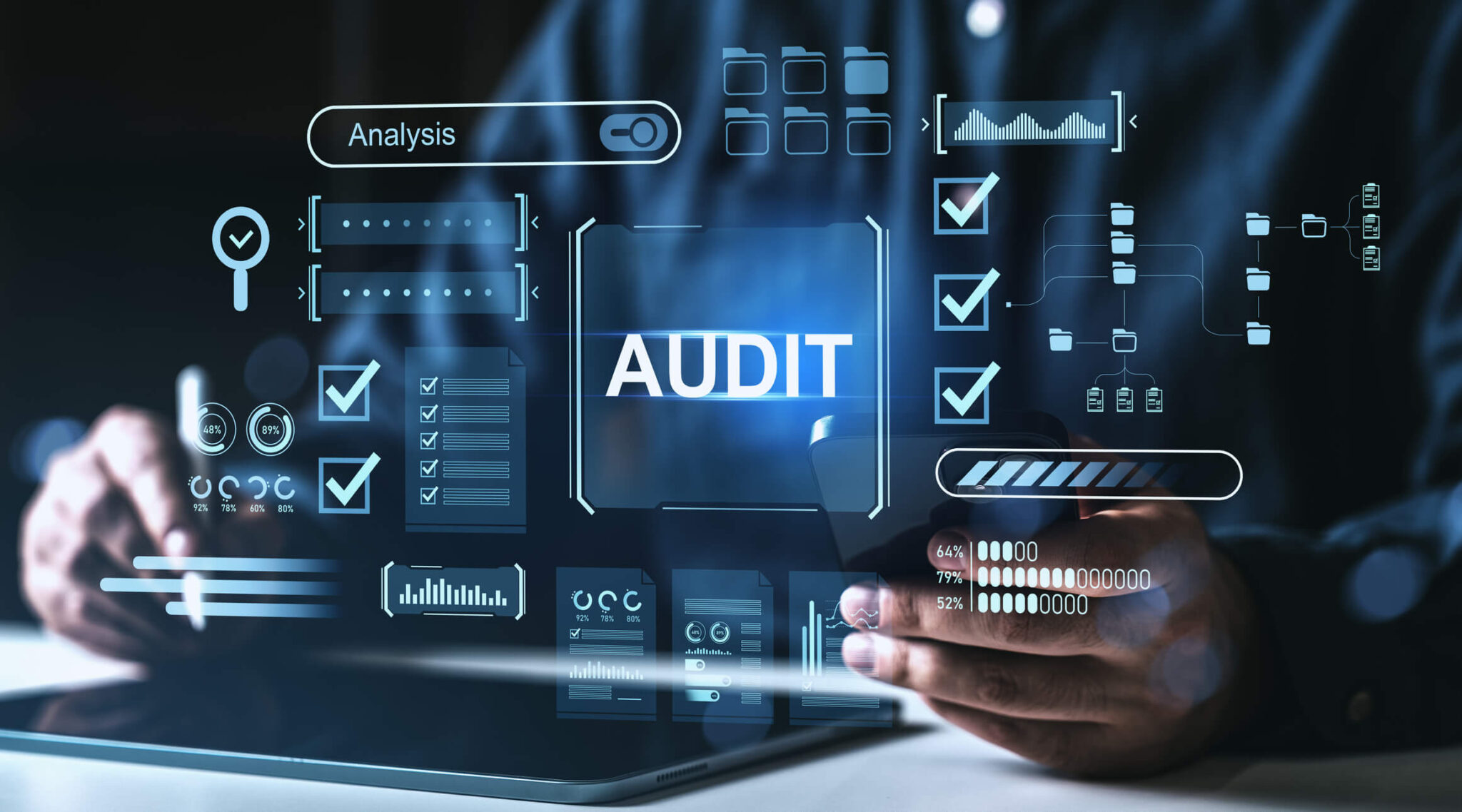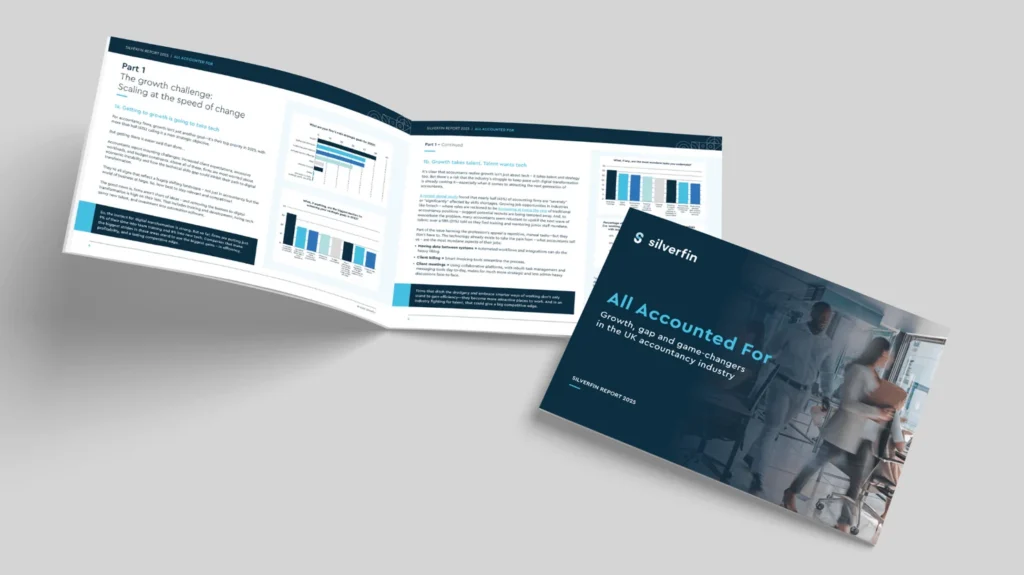For UK accountancy firms, reaching compliance targets grows ever more challenging and onerous. With tight regulatory deadlines, and high standards, teams have to work with elevated levels of accuracy and efficiency while observing robust risk controls.
The right accounting compliance software, however, can greatly ease the compliance burden.
Accounting compliance software automates repetitive, basic tasks, increasing accuracy, creating alerts to ensure priority tasks are delivered on time, and offers up-to-date content that ensures alignment with regulatory obligations. This greatly reduces the workload for the team, provides them with a safety net to catch any human errors, and gives them more time to spend on adding value to clients’ portfolios.
Why accounting compliance software is so essential
A number of factors have heightened the complexity of the UK accountancy regulatory framework. Companies are now encouraged to include environmental, social, and governance (ESG) criteria in their financial reporting, for example. The rise in digital assets has had a major impact, creating a need for new accounting standards. The government publishes regulatory updates on a regular basis to reflect changing economic conditions and business practices. These and other factors impact accounting systems, processes and standards, resulting in frequent change which can be challenging to assimilate.
Assimilation is crucial though, with severe penalties for non-compliance depending on the nature of the offence. Companies can also be restricted in their operations, or forced to operate under supervision. Reputational damage can be infinitely more costly than fines, with damage lasting for so many years that it’s impossible to calculate the cost. In worst case scenarios, individual employees can lose certification or even be disqualified from practicing.
Easing the burden of compliance through smart software is fast becoming essential for business survival.

Key features to look for in accounting compliance software
There are a number of important criteria checks when considering accounting regulations software packages:
- Regulatory updates and compliance tracking – vital for staying up-to-date with relevant tax and audit regulatory changes, and what content source is used.
- Security and data protection – a recent Silverfin survey shows that data security is a concern for more than a quarter, 28%, of accountants, so look for software that is compliant with GDPR and offers secure encryption methods, as well as an automated assimilation of relevant security updates.
- Automation and workflow efficiency – smart automation reduces the burden of manual data entry and human error.
- Audit trail software capabilities – this helps to increase the accuracy of record-keeping and transparency.
- Integration with existing accounting tools – ensures seamless transfer of tax data and financial reporting.
- Scalability and flexibility – for long term sustainability, choose software that can helps the company grow and easily meet future needs of an expanded scope.
How to choose the right accounting compliance software for your firm
It’s important to keep in mind that the smartest, most up-to-date, expensive software is not necessarily the best fit for your company. Before researching software, first understand what UK tax compliance tools will make the biggest difference for your team.
- Assess your firm’s needs: Look for the bottle necks and pain points in current compliance processes, identify the processes that are the most time-consuming and error-prone, and make a list of priorities.
- Consider security standards: Data breaches could cause irreparable reputational damage, so security controls are vitally important. Examine encryption standards, user access controls, audit logs and security patches.
- Evaluate integration capabilities: How easily will the new software integrate with existing systems? New software projects have failed because integration was problematic, costing irreparable damage.
- Review automation and AI features: Your company may not need the full extent of the automation that some software offers, so check against your list of needs to ensure a good fit.
- Compare pricing and support: Remember to factor in the cost of ongoing support and training resources.
How accounting compliance software reduces risk and improves efficiency
With the right software, risk can be significantly reduced and efficiency enhanced. It does this through:
- Automated compliance checks: Compliance software automatically performs checks against regulatory requirements, ensuring that financial activities adhere to the latest standards. This reduces the risk of non-compliance and associated penalties.
- Real-time monitoring: The software provides real-time monitoring and alerts for any discrepancies or potential compliance issues, allowing firms to address problems promptly before they escalate.
- Audit trail software: The documentation of all transactions and changes helps to identify and rectify errors quickly, reduces the risk of fraud and ensures accountability.
- Data security: Advanced encryption and security measures protect sensitive financial data from breaches and unauthorised access, mitigating the risk of data loss and cyber threats.
- Automation of routine tasks: By automating repetitive tasks such as data entry, transaction recording, and report generation, compliance software frees up valuable time for accountants to focus on more strategic activities and deliver more value to their clients.
- Centralised data management: Centralised data enhances accessibility and facilitates management. It helps to streamline workflows and reduces the time spent on searching for information.
- Enhanced collaboration: Cloud-based compliance software allows for seamless collaboration among team members, regardless of their location. This improves communication and efficiency in handling compliance tasks.
- Real-time reporting: Automated reporting features provide up-to-date financial information, enabling quicker decision-making and more accurate financial planning.
By integrating compliance software, UK accountancy firms can not only ensure they meet regulatory requirements but also enhance their operational efficiency and reduce the risk of non-compliance.
Popular compliance software solutions for UK accounting firms
Silverfin’s compliance tools streamline tax filing, audit preparation, and regulatory updates by leveraging cloud-based technology and automation.
UK accounting firms use Silverfin software to prepare working papers, financial statements, and corporation tax reports because it helps to reduce human error, enhance accuracy and increase efficiency.
The Silverfin survey shows that, in the last year, a substantial number of accountancy firms have implemented new technology. Over half surveyed, 56%, have automated tasks associated with financial statements, 46% have automated tasks associated with management reports, and over a third have automated tasks associated with corporate tax (37%) and working papers (36%).
The automation of repetitive tasks and reconciliation and standardisation of workflows make tax computation faster and more accurate. A key feature is the ease of integration with various bookkeeping and financial systems through open APIs, ensuring that client data is up-to-date and always available for compliance tasks.
The platform also supports e-filing with regulatory bodies, simplifying the submission process and ensuring that all filings meet the latest regulatory requirements.
Conclusion
When choosing accounting compliance software, it’s crucial to consider key features that enhance efficiency and reduce compliance risks that are relevant for your firm. Automation plays a vital role in minimising manual data entry and human errors, allowing accountants to focus on more strategic tasks. Audit trails ensure accurate and transparent record-keeping, essential for both internal reviews and external audits. Additionally, easy integration with existing systems ensures a smooth flow of data across systems, reducing the risk of discrepancies and improving overall workflow efficiency.
Software investment should also consider long-term needs. Today’s regulatory environment is continually changing, so choose software designed to easily adapt while delivering high standards of accuracy and efficiency.
The right software will not only significantly reduce compliance risk, it can also enhance operational ability. In today’s increasingly competitive market, the choice in software is becoming critically important.
Discover how Silverfin’s innovative cloud accounting solutions can help your firm build stronger client relationships.















